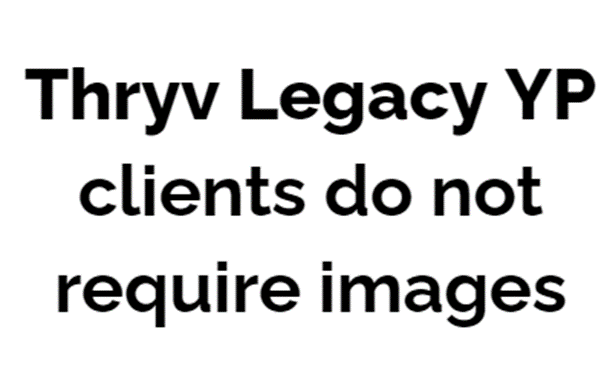How To Find an Apartment Without a Rental History

If you're a first-time renter or have little to no rental history, you may feel like you're at a disadvantage as you search for an apartment. Without a rental history, landlords may be wary of you as a tenant since they can't gauge your reliability.
However, there are some steps you can take to make yourself a more attractive candidate and secure an apartment. Here's how you can get an apartment even when you don't have a rental history.
Get a Letter of Reference
A letter of reference from your employer is a great way to boost your credibility and show that you're a reliable person. Have your employer write up a letter that outlines your employment history, job responsibilities, and work ethic. A letter of reference proves that you have steady employment and income––two factors that landlords look for when they need to rent out an apartment.
If you're self-employed, you can request a letter of reference from clients or colleagues who know you well and can vouch for your reliability. You can also provide bank statements and other documents that prove your financial stability.
If you're a student, ask if the school has any resources you can use to get a letter of reference. Many schools offer letters of reference for students, which is a great way to show potential landlords that you're responsible and have a good academic standing.
Keep in mind that although a letter of reference is helpful, you should also consider the source. If the letter is from someone with whom you have a close relationship, the landlord may not view your reference as a credible source. In other words, a letter from your mother won't carry the same weight as one from an employer or professor.
Get a Co-Signer
If you don't have a rental history and don't want to bother with a letter of reference, you can also get someone to co-sign your lease. A co-signer agrees to take on the financial responsibility of your lease if you fail to pay your rent.
However, there are some caveats to this option. For instance, your co-signer should have a good credit score and be able to pass the landlord's screening process as well. They should also be comfortable with co-signing since there's a financial risk when they cosign a lease.
Make sure to have an honest discussion with your co-signer about the risks and responsibilities of their role. Have them read and understand the lease agreement terms before they sign the document. If possible, set up an agreement that outlines the terms of their involvement and how you plan to fulfill your obligations.
Offer a Larger Security Deposit
If you have no rental history, you can compensate for this drawback with a larger security deposit. Many landlords are willing to waive certain requirements if they know their tenant is financially secure.
A larger security deposit demonstrates to the landlord that you're reliable and have the resources to fulfill your lease obligations. This deposit can also act as a cushion in case you fall behind on rent payments. In this case, the landlord can use your security deposit to cover their losses rather than pursue legal action against you.
When you discuss the security deposit with the landlord, clarify when and how you can receive the money back at the end of your lease. This information should also be a part of the lease agreement so you can plan accordingly.
At Montgomery Realtors , we know that a rental history isn't applicable to everyone, which is why we offer flexible leasing options for our tenants. Reach out to our experienced agents today for more information on how to snag the perfect apartment without a rental history.




